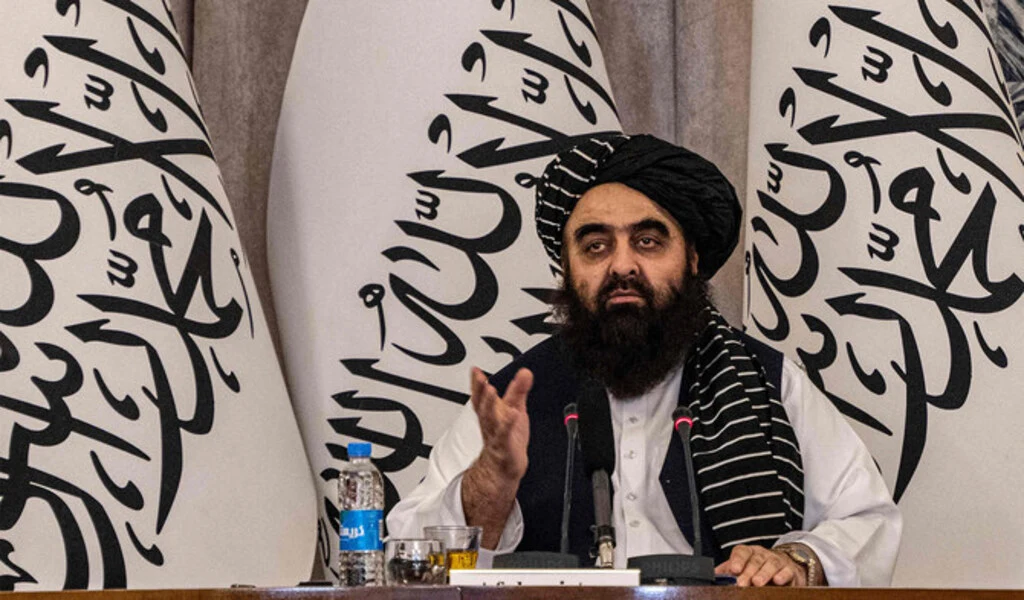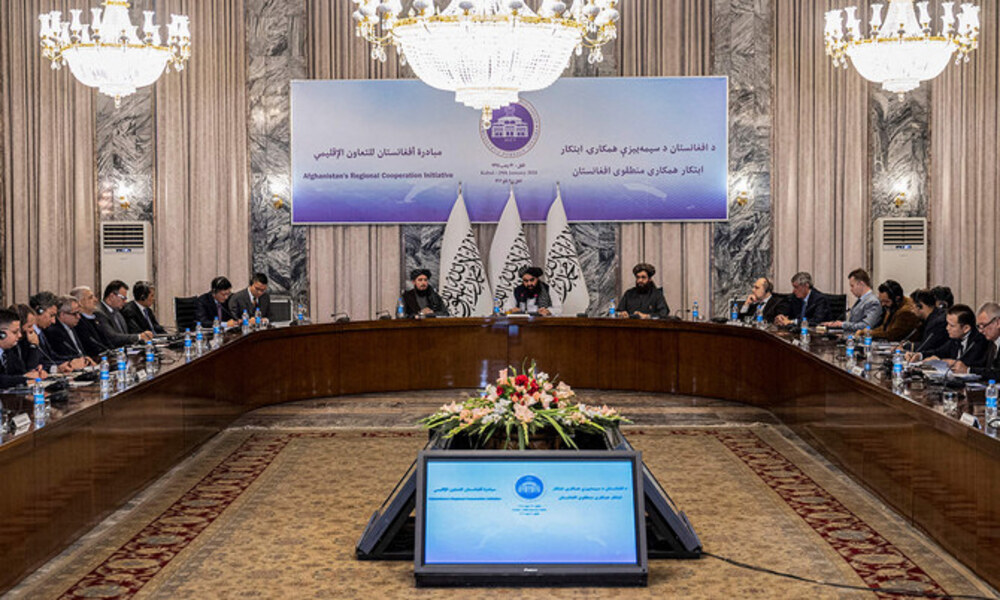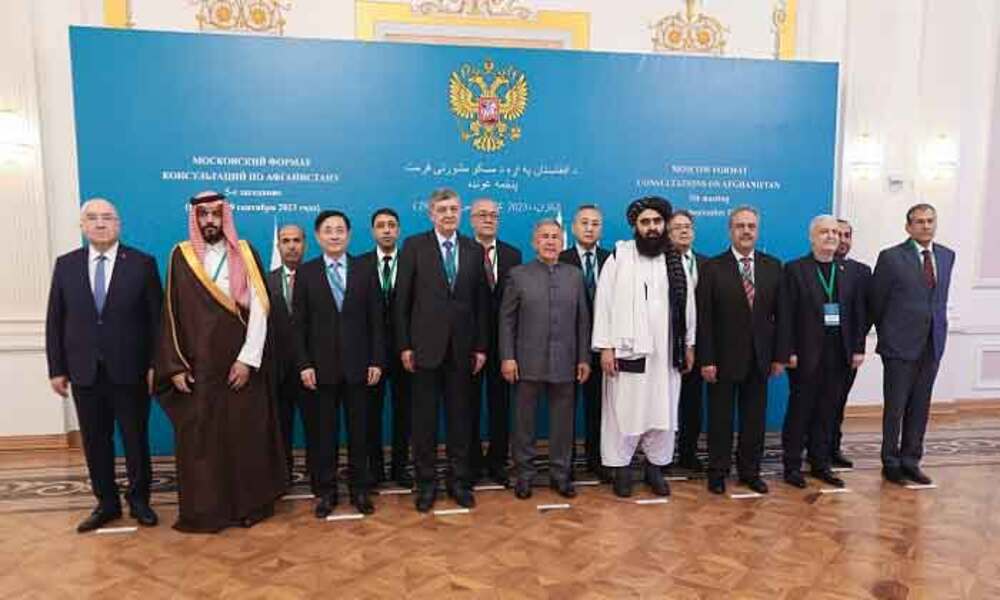(CTN News) – Afghanistan’s interim Foreign Minister, Mawlawi Amir Khan Muttaqi, recently addressed foreign representatives from Russia, China, Iran, and Pakistan in a meeting held in Kabul.
Muttaqi emphasized the importance of respecting Afghanistan’s governance and development choices, asserting that externally imposed models had led to war, instability, and occupation in the country.
The meeting aimed to improve relations between Afghanistan and its regional neighbors, fostering a positive engagement approach to address mutual interests.
A Rejection of Imposed Models:
Muttaqi highlighted in his opening speech that Afghanistan rejects “imposed imported models” and criticized “alien prescriptions,” including plans proposed by the United Nations (UN), stating that they had not brought positive outcomes.
He stressed that the Islamic Emirate of Afghanistan values others’ interests, choices, and development models and expects reciprocal respect for Afghanistan’s sovereignty and decision-making processes.
Taliban’s Return to Power:
The Taliban’s return to power in August 2021 marked the end of two decades of war, following the withdrawal of US troops and the collapse of the Washington-backed government.
Despite not being officially recognized by any country, the Taliban has engaged in diplomatic efforts, seeking recognition and cooperation with regional and international actors.
Regional Cooperation and Indigenous Development Models:
Muttaqi called for regional cooperation based on “respecting one another’s choices of indigenous and traditional development models.”
This stance aligns with the Taliban’s emphasis on autonomy and the belief that regional collaboration should not infringe upon Afghanistan’s right to determine its development path.
International Recognition and Compliance:
While the Taliban government faces challenges in gaining international recognition, an independent assessment commissioned by the UN linked such recognition to compliance with Afghanistan’s international obligations.
This includes addressing concerns related to women’s rights, education, and employment opportunities, as indicated by the UN report.
Economic Progress and Sanctions:
The Taliban’s foreign minister urged the removal of sanctions imposed on Afghanistan after their return to power, emphasizing the economic progress and development of the region.
These sanctions have contributed to a worsening economic and humanitarian crisis in Afghanistan, making their removal a crucial aspect of rebuilding the war-torn country.
Diplomatic Engagement as a Path to International Trust
Experts suggest that the Taliban’s engagement with foreign nations, as witnessed in the Kabul meeting, is a positive step towards connecting Afghanistan with the international community.
This engagement is viewed as an opportunity to gain international trust and support for the country’s peace, stability, and development efforts.
Conclusion:
Afghanistan’s Taliban government, through Foreign Minister Muttaqi, is signaling a diplomatic approach focused on mutual respect, engagement, and the pursuit of indigenous development models.
The regional meeting in Kabul reflects the Taliban’s efforts to establish positive relationships with neighboring countries and gain international recognition.
As Afghanistan navigates the complexities of diplomacy, its commitment to addressing common challenges and promoting peace and stability in the region remains a key objective.








